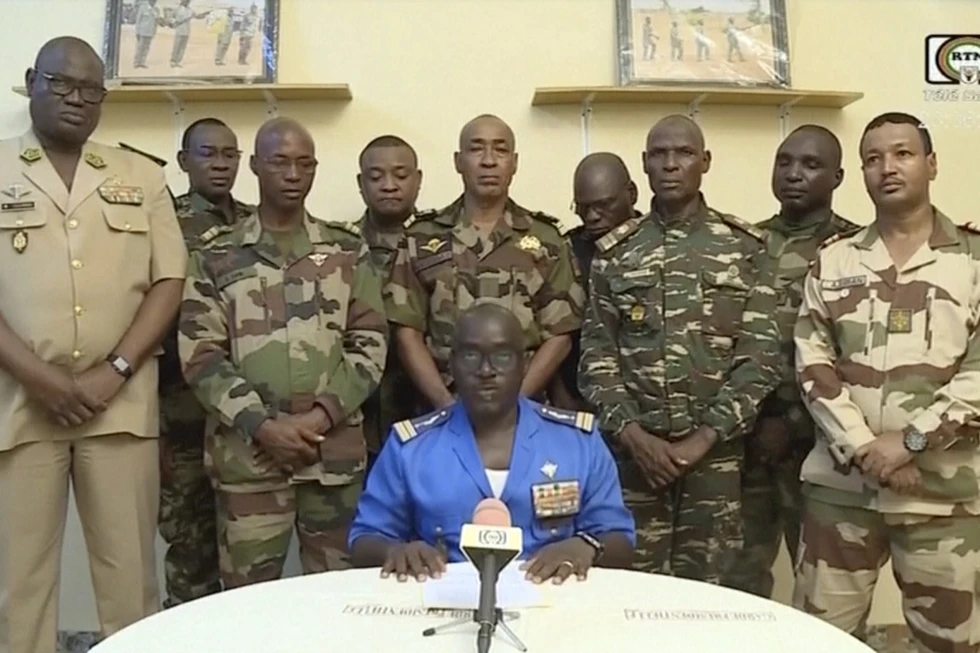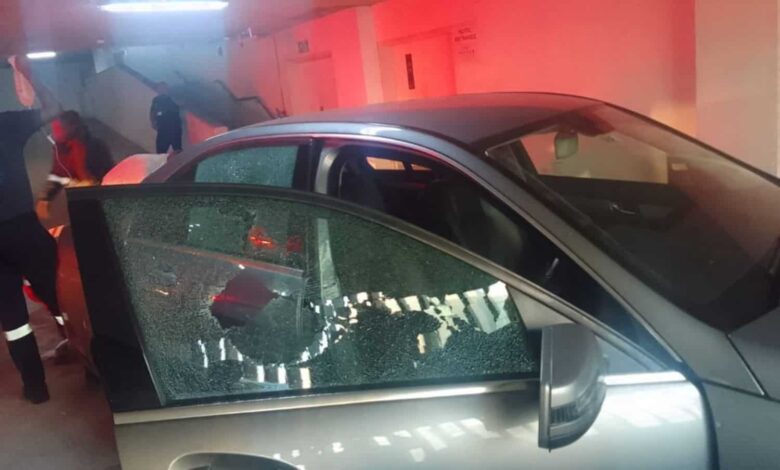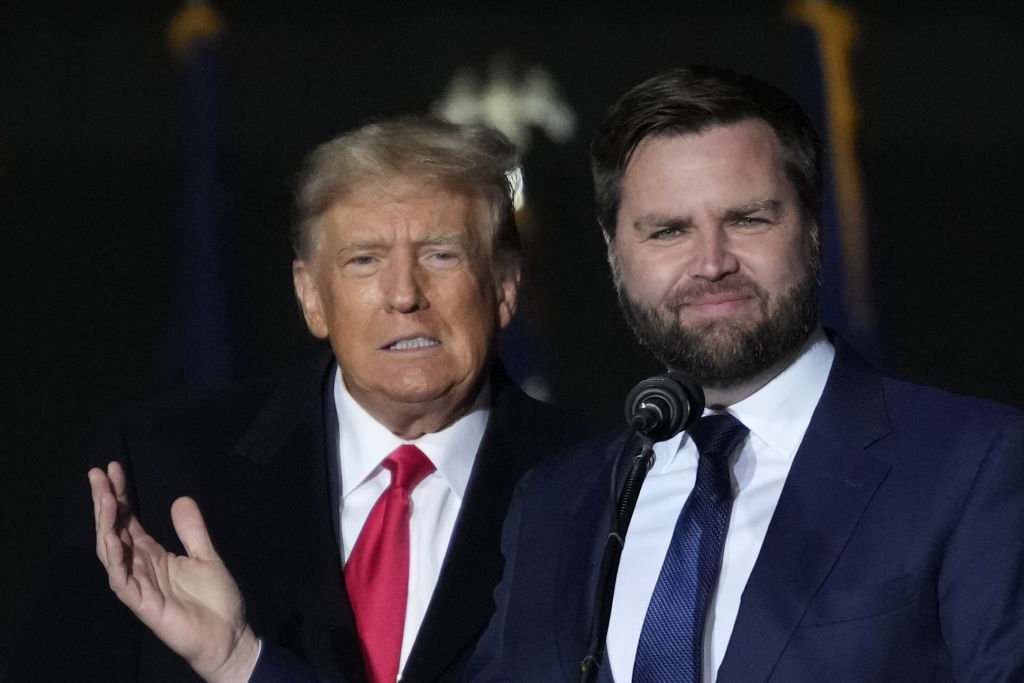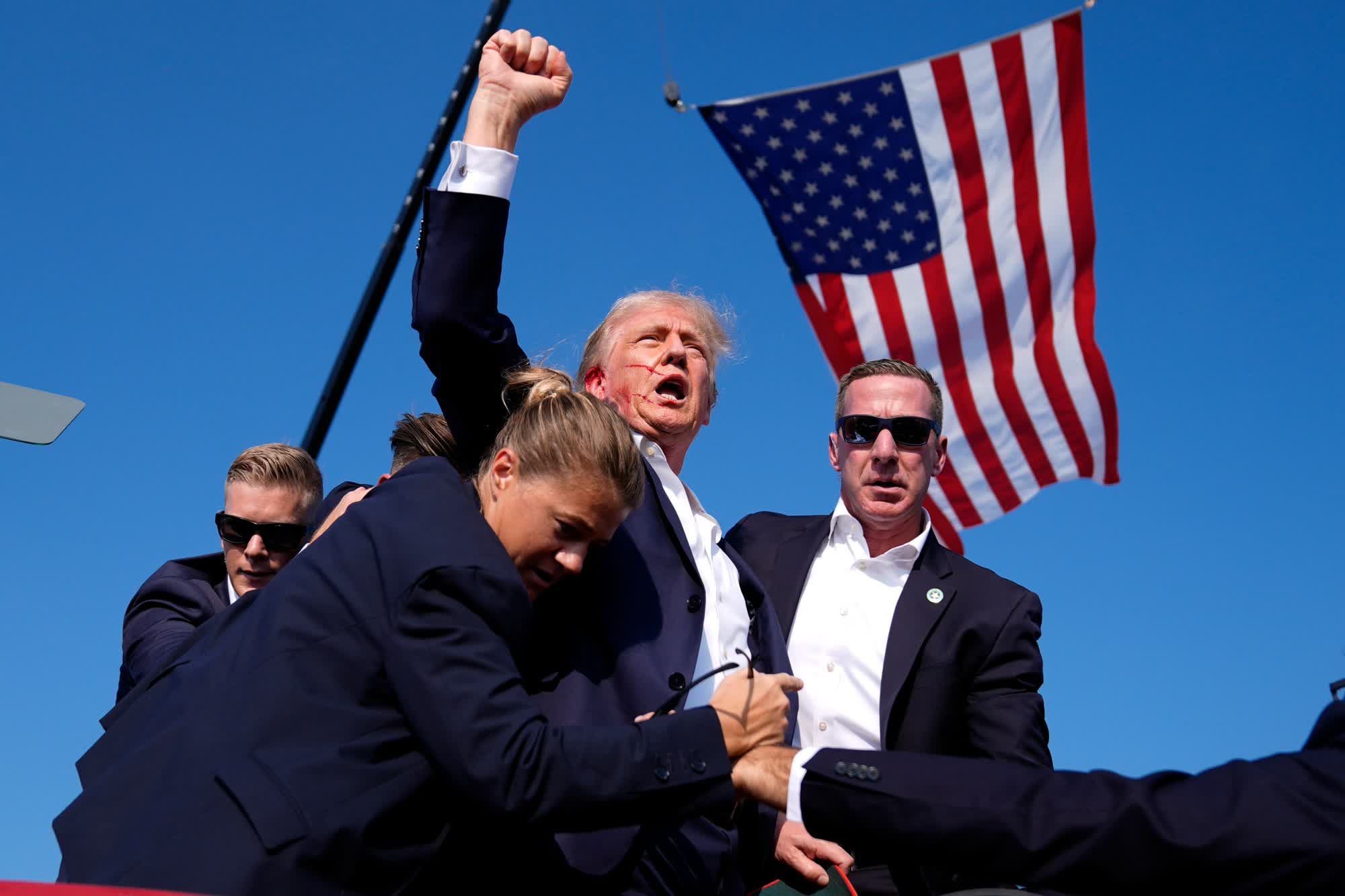In Dakar, Senegal, the United States is in a state of urgency to evaluate the trajectory of its counter-terrorism endeavors in the Sahel region. This comes after Niger’s junta announced the cessation of its longstanding military partnership with Washington subsequent to a visit by high-ranking U.S. officials.
Hundreds of U.S. troops are stationed at a key airbase in northern Niger, from where they conduct missions over the expansive Sahel region, situated to the south of the Sahara Desert. This area is known for the presence of jihadist groups affiliated with al-Qaida and the Islamic State.
Molly Phee, a prominent U.S. envoy, returned to Niger’s capital, Niamey, this week for discussions with senior government figures. She was accompanied by Marine Gen. Michael Langley, the commander of the U.S. Africa Command. Phee had previously visited in December, while Acting Deputy Secretary of State Victoria Nuland had traveled to the country in August.
The State Department, in a statement shared on X, formerly Twitter, on Sunday, described the discussions as candid and noted ongoing communication with the junta. However, it remains uncertain whether the U.S. has any remaining room for negotiation to maintain its presence in the country.
Niger had been regarded as one of the final nations in the turbulent region with which Western nations could collaborate to combat the escalating jihadist insurgencies. Until recently, the U.S. and France maintained over 2,500 military personnel in the area. Additionally, along with other European nations, they had contributed hundreds of millions of dollars towards military aid and training initiatives.
However, this dynamic shifted in July when mutinous soldiers removed the country’s democratically elected president from power. Months later, they requested French forces to depart.
As of December, according to a White House report to Congress, the U.S. military still had approximately 650 personnel stationed in Niger. The base in Niger serves as a hub for both manned and unmanned surveillance operations. Additionally, in the Sahel region, the U.S. provides support to ground troops, sometimes accompanying them on missions. However, such accompanied missions have been reduced since the deaths of U.S. troops in a joint operation in Niger in 2017.
The reasons behind the junta’s decision to suspend military cooperation remain unclear. On Saturday, the junta’s spokesperson, Colonel Major Amadou Abdramane, claimed that recent U.S. flights over Niger’s territory were unauthorized. Meanwhile, Insa Garba Saidou, a local activist assisting Niger’s military rulers with communication, criticized U.S. attempts to pressure the junta into choosing between strategic partners.
“The presence of American bases and civilian personnel on Nigerien soil cannot continue,” he informed The Associated Press.
Following her December trip, Phee, the top U.S. envoy, informed reporters of “productive discussions” with junta leaders. She urged them to establish a timeline for elections as a condition for restoring military and aid ties. However, she also cautioned Niamey against deepening ties with Russia.
Neighboring Mali and Burkina Faso, each experiencing two coups since 2020, have sought security assistance from Moscow. Following the coup in Niger, the military also sought aid from the Russian mercenary group Wagner.
Cameron Hudson, who has experience with both the Central Intelligence Agency and the State Department in Africa, remarked that this incident underscores the dwindling leverage of the United States in the region. He suggested that Niger’s frustration stemmed from Washington’s efforts to pressure the junta regarding its relations with Russia. “This is ironic,” he noted, “since one mantra of the Biden Administration has been that Africans are free to choose their partners.”
The timing of the U.S. delegation’s visit coincided with the beginning of Ramadan, a sacred month of fasting and deep prayer for Muslims. However, Niger’s junta leader, Gen. Abdourahmane Tchiani, declined to meet with them, and a planned U.S. press conference at the embassy in Niger was canceled.
The junta’s spokesperson, speaking via state television, indicated that the junta leaders met with the U.S. delegation as a gesture of politeness but described the delegation’s attitude as patronizing.
Aneliese Bernard, a former U.S. State Department official specializing in African affairs and now director of Strategic Stabilization Advisors, a risk advisory group, concluded that the recent visit had been unsuccessful. She emphasized the need for the U.S. to critically assess its diplomatic approach not only in Niger but throughout the entire region.
“What’s happening in Niger and the Sahel cannot be viewed in isolation, as we often do,” she remarked. “The United States government tends to have tunnel vision. We cannot ignore that our strained relationships in other regions of the world, such as the Gulf, Israel, and elsewhere, significantly influence our bilateral ties in West African countries.”
Source: https://apnews.com/article/niger-sahel-us-air-base-a5545b937fbd56dff2114a8b8602b95b






